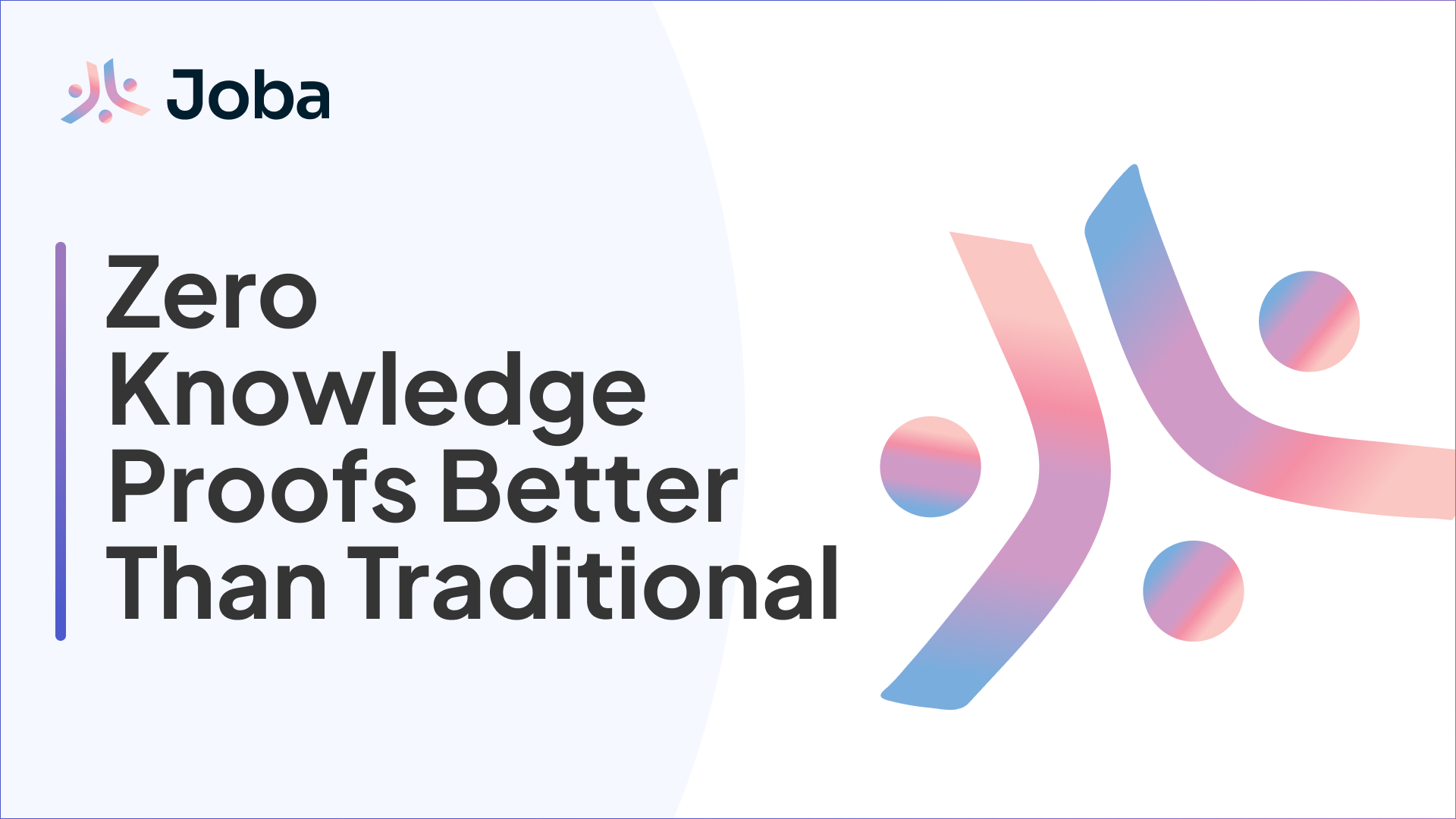How are Zero-knowledge proofs better than traditional authentication methods

Zero-knowledge proofs represent a groundbreaking advancement in the field of online security and authentication, offering numerous advantages over traditional methods. This revolutionary concept, which was first introduced in the world of cryptography, has the potential to transform how individuals and organizations protect sensitive data and verify identities in the digital age. Let's delve deeper into the compelling reasons why zero-knowledge proofs are increasingly being hailed as a superior alternative to conventional authentication mechanisms.
Privacy Preservation:
Zero-knowledge proofs excel in preserving user privacy, a crucial aspect of modern security. Unlike traditional methods that often require users to divulge sensitive information like passwords or personal details, zero-knowledge proofs allow users to authenticate themselves without revealing the underlying data. This means that even service providers, such as websites or applications, do not need to store sensitive user information, reducing the risk of data breaches and unauthorized access.
Reduced Attack Surface:
One of the significant vulnerabilities of traditional authentication is the exposure of credentials. When users enter their passwords or other secrets, there's always a risk that this information could be intercepted or stolen. Zero-knowledge proofs eliminate this risk by enabling authentication without the need to expose sensitive data, making it extremely challenging for malicious actors to compromise user accounts.
Phishing Mitigation:
Phishing attacks, where attackers trick users into revealing their credentials, are a persistent threat in the digital realm. Zero-knowledge proofs provide a robust defense against phishing since users don't need to enter their passwords into potentially malicious websites. Instead, they can prove their identity securely without exposing any secrets.
Immutable Verification:
Zero-knowledge proofs offer immutable verification. Once a proof is validated, there is a high level of certainty that the user possesses the required knowledge or credentials. This level of assurance surpasses traditional methods that rely solely on passwords or tokens, which can be compromised through various means.
Enhanced User Experience:
The user experience is a critical aspect of security. Traditional authentication often burdens users with the responsibility of remembering complex passwords or carrying physical tokens. Zero-knowledge proofs simplify this process, making it more user-friendly. Users no longer need to struggle with memorizing passwords or carrying additional devices for security.
Versatility:
Zero-knowledge proofs are incredibly versatile and can be adapted to various authentication scenarios. Whether it's user logins, access to sensitive data, or transaction verification, zero-knowledge proofs can be tailored to meet specific security requirements, making them a versatile choice for a wide range of applications.
Resistance to Attacks:
Zero-knowledge proofs are designed to withstand a variety of attacks. They are resistant to brute force attacks, man-in-the-middle attacks, and eavesdropping. This robustness ensures that user authentication remains secure even in the face of determined adversaries.
Compliance with Regulations:
In an era of stringent data privacy regulations like GDPR, zero-knowledge proofs align perfectly. They minimize the collection and storage of personal data, ensuring compliance with privacy laws while safeguarding user information.
Future-Proof Security:
As cyber threats continue to evolve, zero-knowledge proofs provide a future-proof security solution. Their adaptability and resilience mean they can respond to emerging threats without requiring users to change their authentication methods frequently.
In conclusion, zero-knowledge proofs offer a higher level of security, privacy, and convenience compared to traditional authentication methods. Their ability to protect sensitive data, reduce exposure to threats, and enhance the user experience makes them a compelling choice for organizations and individuals seeking robust online security. As the digital landscape evolves, zero-knowledge proofs are poised to play an increasingly prominent role in safeguarding our digital identities and transactions.
Ready to enhance your digital security? Explore the latest opportunities with Joba Network and take your career to the next level.
Frequently asked questions
No, some industries like health care and manufacturing require physical presence. But many fields, especially in tech and marketing, are well-suited for remote work.
Not necessarily. Many remote jobs offer competitive salaries and benefits.
There are various job boards dedicated to remote work, such as We Work Remotely and Remote OK.
The key is to set a routine, create a dedicated workspace, and use productivity tools to stay on track.
Tools like Slack, Zoom, and Asana are invaluable for remote work, aiding in communication and project management.




